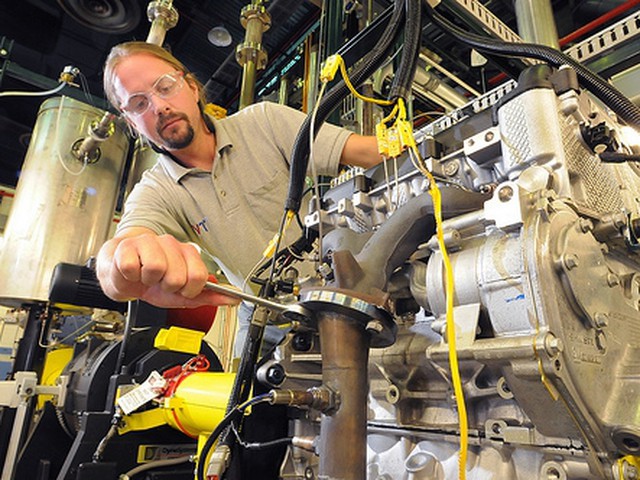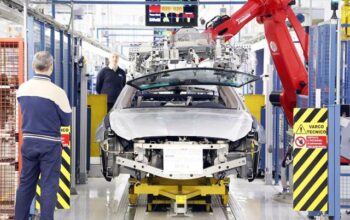In the realm of automotive innovation, the evolution of electric vehicles (EVs) has been nothing short of remarkable. From their humble beginnings to the cutting-edge technology of today, electric vehicles have undergone a transformative journey that holds immense promise for the future. This article delves into the past, explores the current landscape, and anticipates the exciting developments that lie ahead.
The Past: Pioneering Days of Electric Mobility
The history of electric vehicles can be traced back to the early 19th century when inventors experimented with various forms of electric-powered transportation. However, it was in the late 19th and early 20th centuries that electric vehicles gained prominence. Innovators like Thomas Edison and others envisioned a future where electric cars would dominate the roads.
During this era, electric vehicles enjoyed popularity, especially in urban areas where their quiet and clean operation made them appealing. However, the limited range of early batteries and the rise of internal combustion engines eventually led to the decline of electric cars.
The Present: Resurgence and Technological Advancements
Fast forward to the present day, and electric vehicles are experiencing a renaissance. Advances in battery technology, environmental consciousness, and government incentives have contributed to the widespread adoption of electric cars. Companies like Tesla, Nissan, and Chevrolet have become synonymous with cutting-edge electric vehicle technology.
The present electric vehicle landscape is characterized by a diverse range of models, catering to various consumer needs. From compact city cars to high-performance luxury vehicles, electric cars are no longer a niche market. The charging infrastructure has also seen substantial growth, addressing the range anxiety that once deterred potential buyers.

The Future: Anticipating the Next Chapter
Looking ahead, the future of electric vehicles appears extraordinarily promising. Technological innovations continue to push the boundaries of what electric cars can achieve. Advances in battery efficiency, faster charging times, and the integration of smart technologies are on the horizon.
The automotive industry is witnessing increased collaboration between traditional automakers and tech giants, fostering a dynamic ecosystem for electric vehicle development. Concepts like self-driving electric cars and vehicle-to-grid technology are poised to redefine the way we perceive transportation. Check out Lambs Car Club to find more tips and ideas about the evolution of electric vehicles.
Environmental concerns and the global push towards sustainability are likely to drive further developments in electric mobility. Governments around the world are announcing ambitious plans to phase out internal combustion engines, signaling a shift towards an electric-centric automotive future.
Conclusion
The evolution of electric vehicles has been a compelling journey, marked by innovation, challenges, and resilience. From the early days of electric experimentation to the present boom in popularity, and the exciting prospects for the future, electric vehicles have come a long way.
As we witness the continuous evolution of electric mobility, one can’t help but be intrigued by the transformative potential it holds for the automotive industry and the world at large. The future is electric, and as technology advances, so does our ability to shape a more sustainable and efficient transportation landscape.





